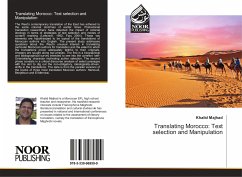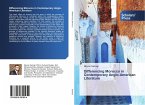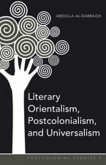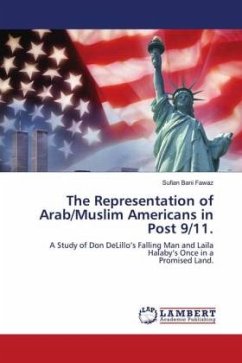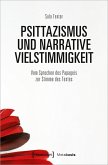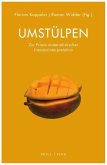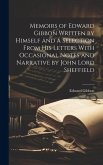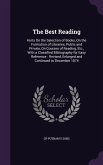The West's contemporary translation of the East has adhered to the same colonial doctrines of earlier times. Postcolonial translation researchers have detected the impact of colonial ideology in terms of strategies of text selection and modes of content rewriting (Lefevere, 1992; Faiq 2004). These two elements are hypothesized to be typical of the translations of Moroccan authors into English. The present study addresses questions about the West's unusual interest in translating particular Moroccan authors for translation and the extent to which the translations prove adequately faithful to their originals. Answers are sought along two phases. The first is a biographical and bibliographical survey intended to see into the common 'self-Orientalising' character motivating author selection. The second phase consists in a critical discourse analysis of select passages with the aim to dig out the non-obligatory, ideologically-driven, shifts in the translations. The data is from the parallel versions of the books of three most translated Mooccan authors: Hamoudi, Benjelloun and El Mernissi.
Bitte wählen Sie Ihr Anliegen aus.
Rechnungen
Retourenschein anfordern
Bestellstatus
Storno

